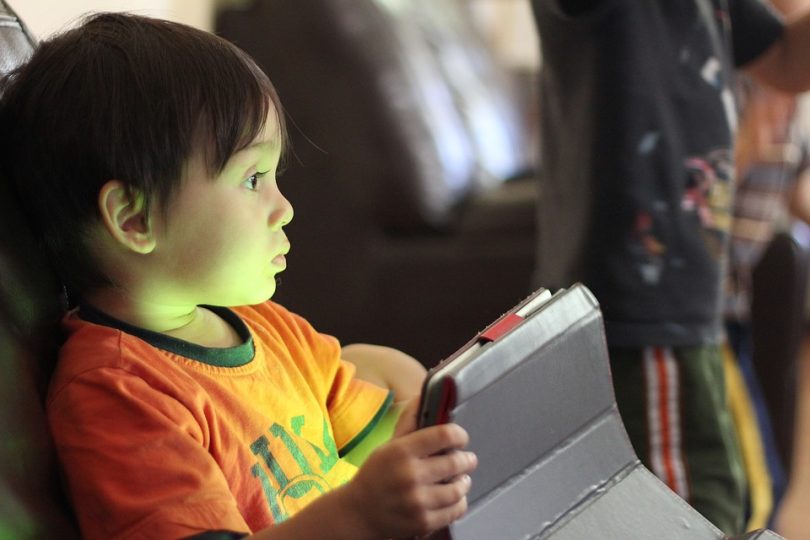Are you worried your children are hooked to the screen?
A recent study shows that spending lots of time looking at a screen is normal. At the age of seven, the average kid will have spent roughly four hours every day looking at screens. This amounts to the equivalent of 456 days of their lives up to that point. A survey of 1,000 parents with children aged up to seven years found that the wide-spread worry concerning children’s screen-time is justified.
The research, conducted by Persil, discovered that 75 per cent of parents used a screen just to get some peace and quiet. At the age of seven, children on average will only have spent about one and a half hours a day playing outdoors.
What did the study find?
The study also revealed that over 50 per cent of the time a child spends looking at a screen can be considered a mindless intake of information without interaction with family or friends.
To make matters worse, sixty per cent of parents admitted that they acknowledge the negative impacts this behaviour will have on their kids’ problem-solving abilities and creativity. However, they still stress the convenience of using a screen to occupy a child’s attention.
In total, six in ten parents stated they wished that their children would spend more time playing outdoors. Researchers have long known that playing outdoors is essential in ensuring a child’s well-balanced development. Therefore, the study should serve as a wake-up call for parents.
Societal shift
After the study, Sir Ken Robinson, chair of the Good Child Development Advisory Board, asked parents to compare their own childhood with that of their children. He found that until just several years ago it was normal for children to grow up spending many hours daily outdoors.
Our modern society is rapidly shifting the balance from healthy outdoor activities to static and repetitive consummation of media. Consequently, the destruction of so-called ‘real play’ might yet reveal more unforeseen consequences.
For new parents, the research might leave room for self-reflection. Is the convenience of having a tool of occupying a child’s attention worth the risk? Perhaps alternative ways of keeping kids busy might prove more beneficial solutions, for both child and parent alike.








